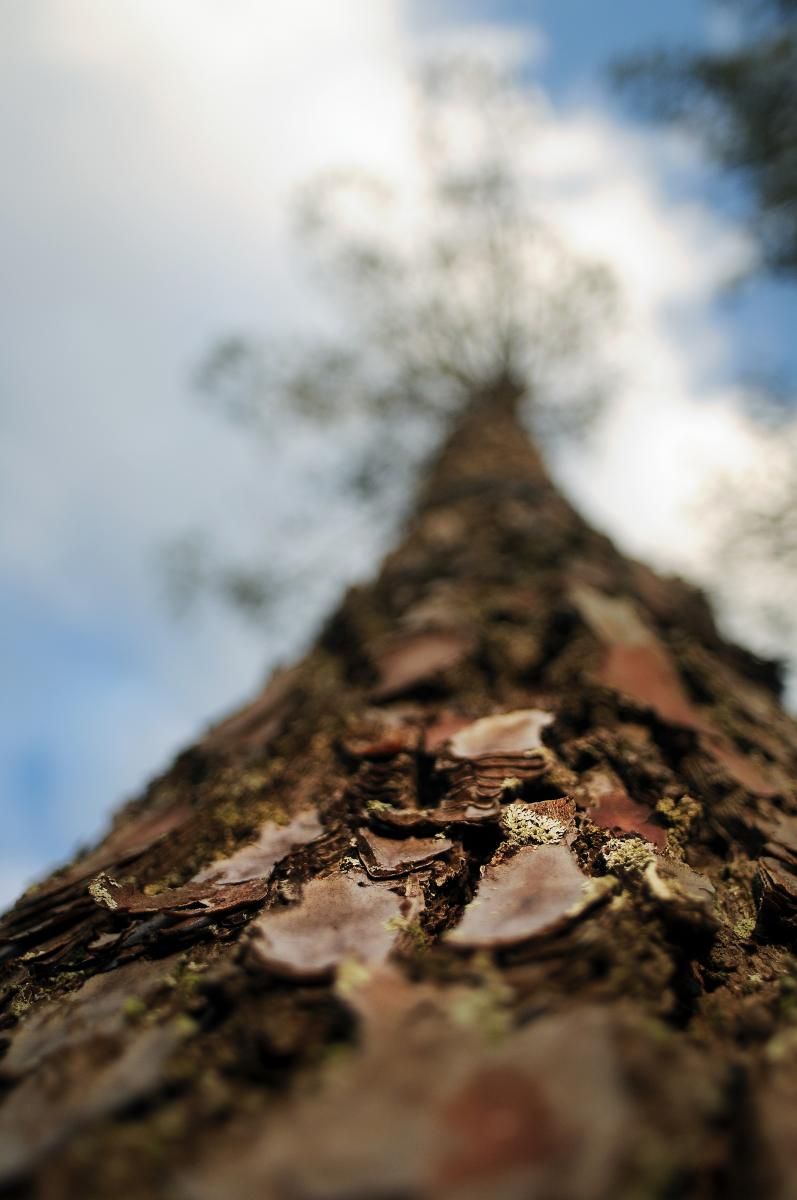Pycnogenol May Help with Psoriasis
An extract of French maritime pine bark shows promise in a human study.

A new study in Panminerva Medica finds that French maritime pine bark may lessen symptoms of psoriasis in humans.
Italian researchers assigned 96 adults with the chronic skin condition to Pycnogenol (150 mg) or control daily for 12 weeks. They measured for changes in skin health parameters over the course of the study. Compared to control, supplementation with Pycnogenol was associated with greater skin moisture, less skin peeling, and less skin redness. The pine bark extract improved conditions of every single skin health parameter tracked by the researchers.
Current relief options for psoriasis include chemical creams, steroid medications, and vitamins. The alternative of Pycnogenol could provide a less expensive option for psoriasis relief, and it could also reduce overall oxidative stress in the body. While this appears to be the first published study on Pycnogenol and psoriasis, numerous other studies support the use of Pycnogenol for skin and beauty. Oral supplementation of the ingredient has been associated with improvements in skin elasticity, reduced occurrence of sunburns, and protection of skin collagen.
Pycnogenol is sourced from the bark of mature French maritime pine trees. When the trees are cut down for lumber, the bark is removed and transferred to extraction facilities managed by Pycnogenol supplier Horphag Research Ltd. (Geneva, Switzerland). Every tree that is cut down is replaced with a young sapling-a practice mandated by the French government.
Robby Gardnerâ¨
Associate Editor
â¨Nutritional Outlook magazineâ¨
robby.gardner@ubm.com
Glanbia Nutritionals announces launch of high potency collagen tripeptide ingredient
June 4th 2024According to the company, Collamet is absorbed four times faster and has 10 times the efficacy of traditional collagen peptides. The ingredient will initially be offered in the North American market.